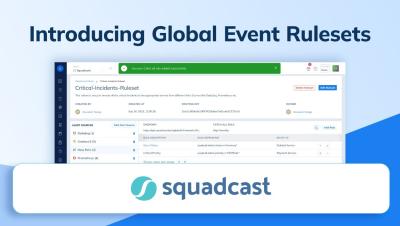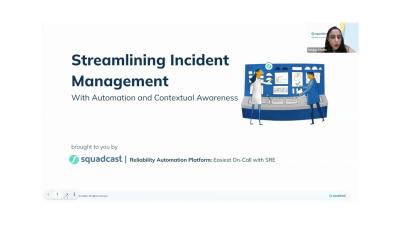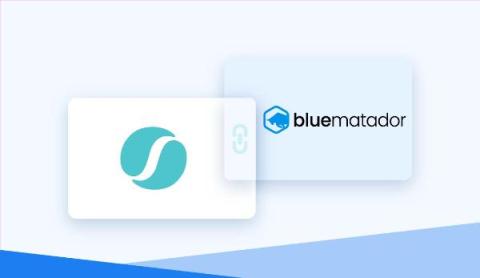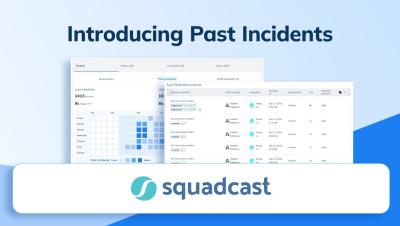Status Pages That Deliver: Top 10 Favorites
Status Pages represent an invaluable asset for websites and SaaS businesses, particularly in today's environment with prevalent outages and heightened user expectations for seamless uptime. Integral to any robust website monitoring strategy, these pages serve as centralized hubs, offering users a singular, authoritative source for tracking the status of websites and applications.










